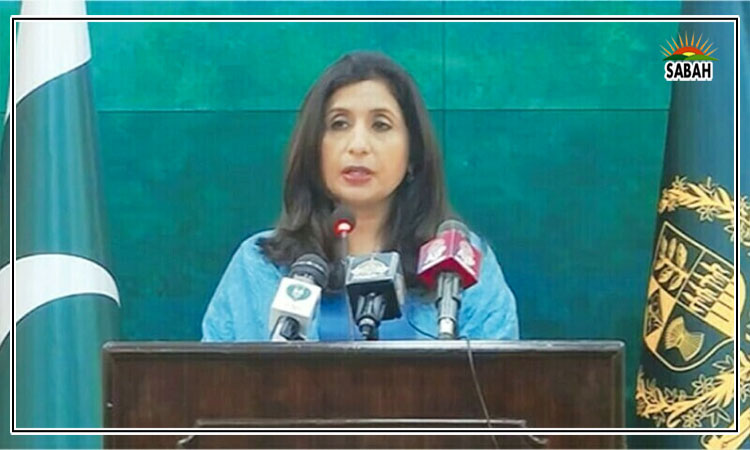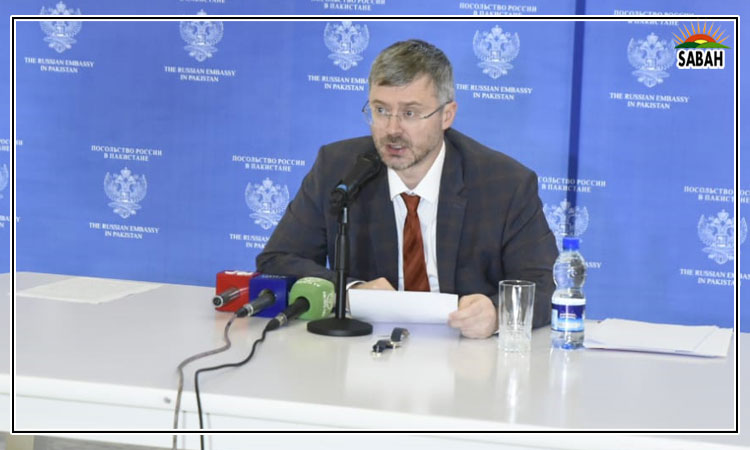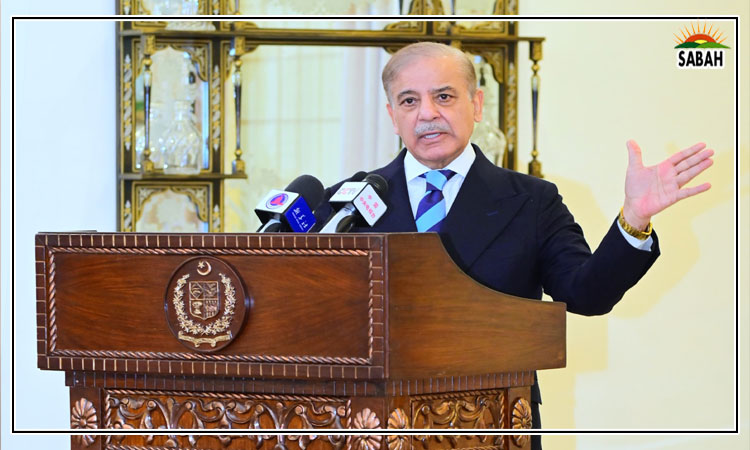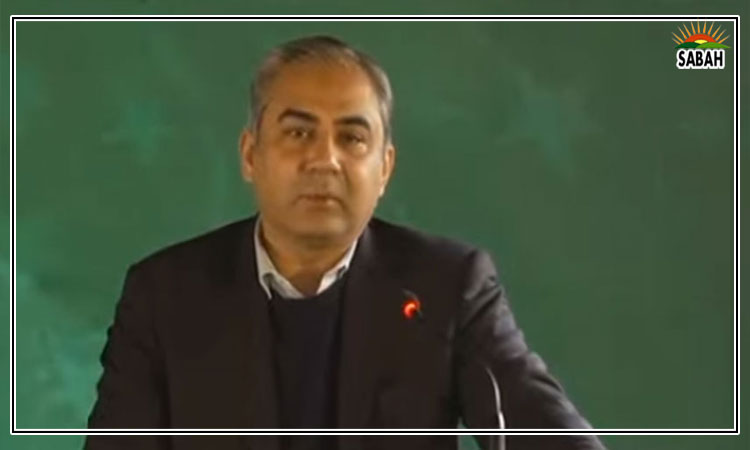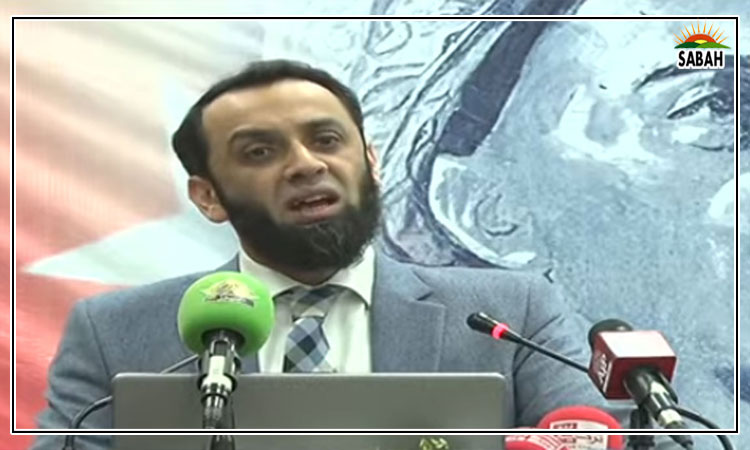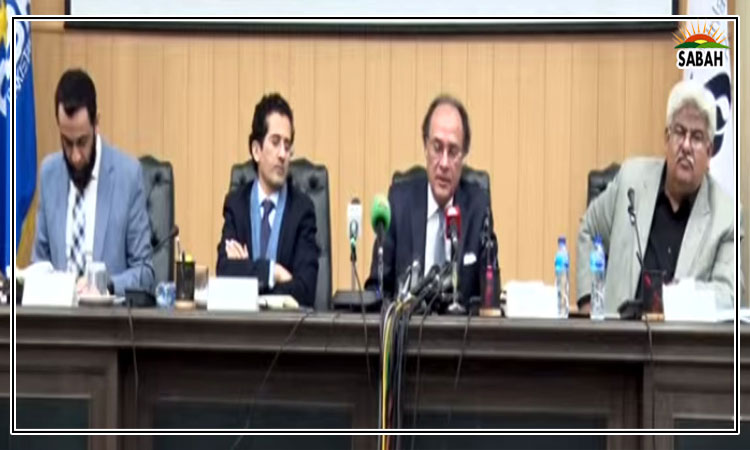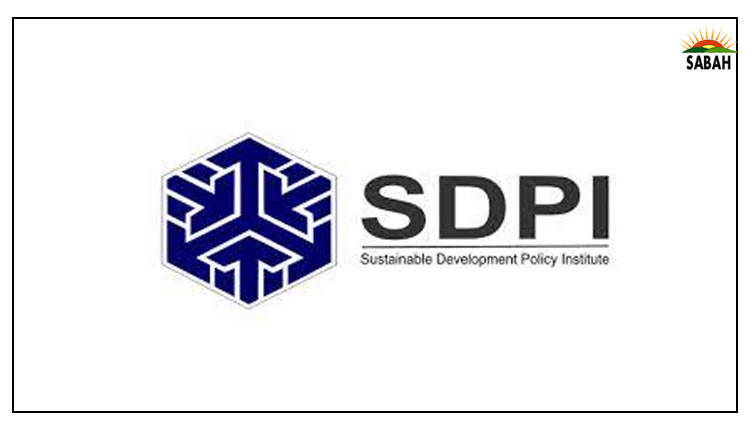Unlocking carbon markets potential crucial to achieve green transition goal: Experts
KARACHI, March 11 (SABAH): Incentives and conducive regulations can help industries adopt low carbon emission technologies and aid in scaling up the goal of climate action, said Dr. Abid Qaiyum Suleri, Executive Director, Sustainable Development Policy Institute (SDPI).
He was speaking at a workshop on “Unlocking Carbon Markets through Private Sector Engagement: Bankability and Equitable Development”. The workshop was jointly organized by SDPI and Embassy of Denmark, here.
Dr. Abid Qaiyum Suleri suggested devising Carbon Border Adjustment Mechanism (CBAM) policies, considering their positive impact on local industries as seen in EU states and balancing stakeholders’ interests. He said that collective wisdom is a must to achieve a win-win situation in order to preserve Pakistan’s natural resources while ensuring competitiveness in the global market.

Jakob Linulf, Ambassador of Denmark to Pakistan, said his country is committed to supporting Pakistan’s efforts towards carbon trading initiatives and green transition. He said Pakistani industries should adopt carbon trading as a tool for initiating projects that contribute to emissions reduction. Stressing the need for a long-term commitment to attract foreign investment in climate initiatives and the critical role of individual and corporate leadership in driving sustainable change, he offered the Embassy’s support in accelerating Pakistan’s green transition efforts.
Farrukh Khan, Director, Ministry of Foreign Affairs, urged the private sector to play a proactive role in addressing climate change. He also stressed the need for fixing the industry-wide emission reduction targets and the establishment of internal carbon pricing mechanisms. “Businesses should view climate action not as cost but as an investment in future competitiveness and resilience,” he said, adding that Denmark’s economic growth and environmental improvements may be taken as a testament to the effectiveness of carbon pricing policies.
Ahsan Anis, Chief Operating Officer (COO), Power Cement, sought the shared responsibility of government and private sector in reducing emissions from heavy industries. While private sector deserves appreciation for exploring alternative fuels, waste management solutions and efforts in renewable energy adoption, conducive policies and public-private partnerships must be increased, he added.
Dr. Khalid Waleed, SDPI Research Fellow, stressed the need for decoupling economic growth from environmental degradation by integrating sustainable energy and production practices into macroeconomic policies to achieve environmental improvement while increasing income levels. Carbon markets can internalize external costs of environmental degradation associated with production and support transition towards sustainable industries, create markets for sustainable initiatives, and attract domestic and foreign investment in sustainable ventures, he added.
Ubaid ur Rehman Zia, Head of Energy Unit at SDPI, emphasized the importance of robust quantification and adherence to sustainable development goals in future carbon markets to ensure credibility and effectiveness in reducing emissions. He said that carbon markets create flexibility, mobilize climate finances, and incentivize sustainable practices which catalyze transition towards environmentally sustainable economy.
Zainab Naeem, Associate Research Fellow at SDPI, discussed global voluntary carbon markets, characterizing them as a marginally deregulated ecosystem for trading carbon credits generated from carbon removal or avoidance projects. She underscored the role of voluntary demand from commercial and institutional buyers in driving carbon market initiatives worldwide for climate action.
Saleha Qureshi, SDPI Research Associate, said that heavy industries, waste management, energy efficiency, and carbon sinks such as forestation projects hold immense emissions reduction potential which are yet to be unlocked in Pakistan. She urged stakeholders to embrace carbon markets as part of a broader strategy to address environmental challenges while promoting sustainable development and economic growth.




